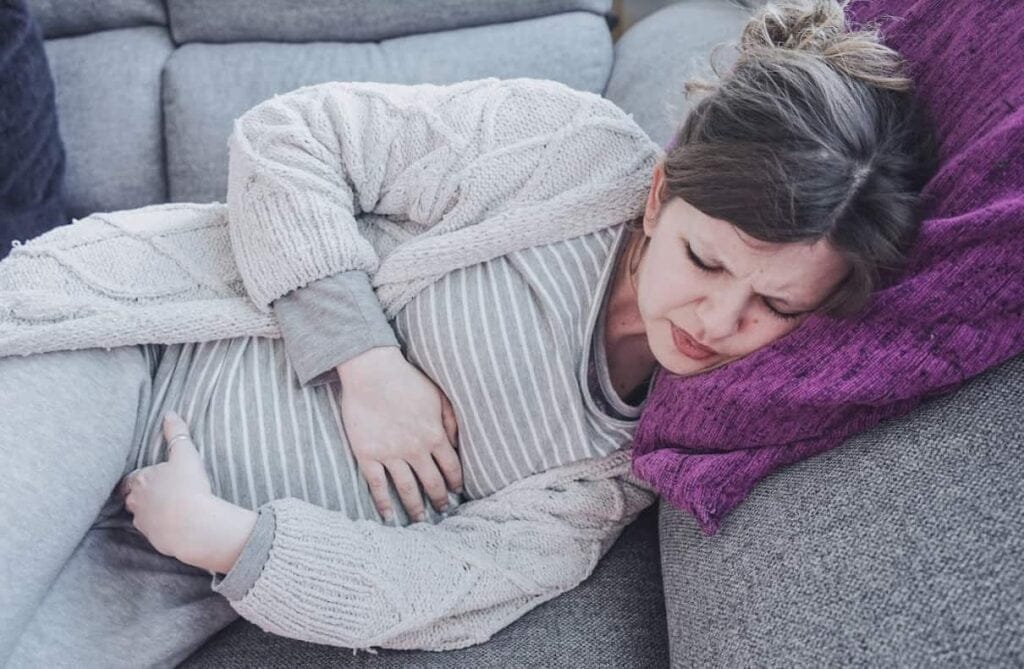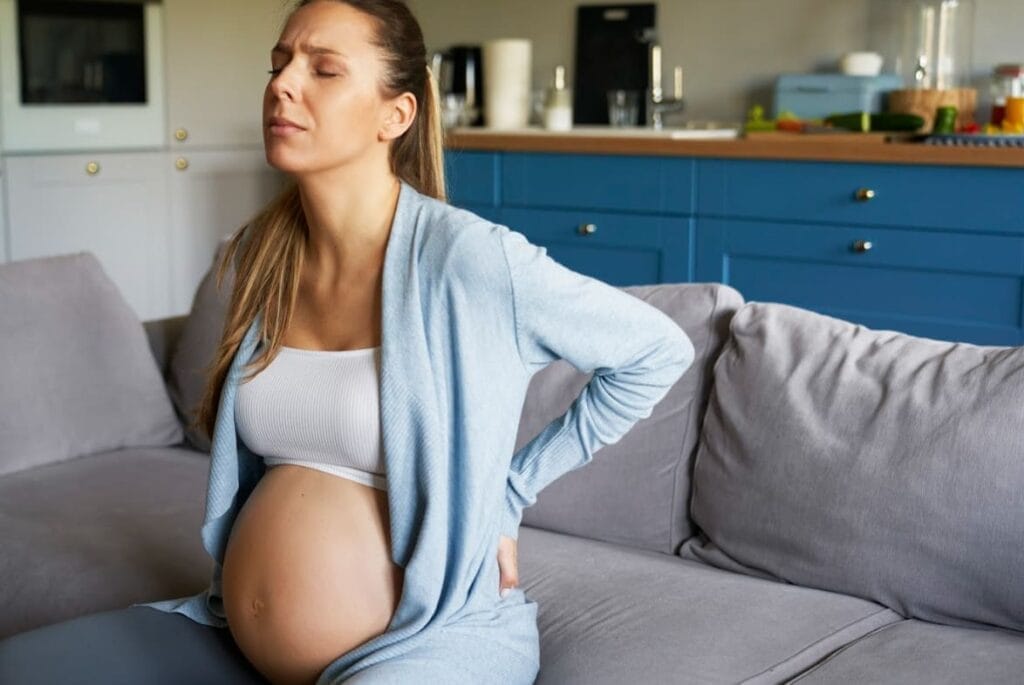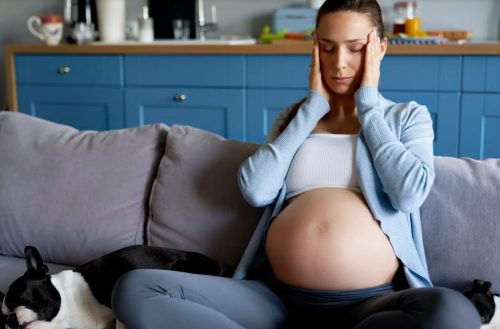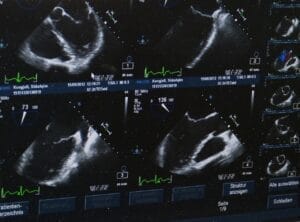First, you should know that there are many different signs of pregnancy. Some women experience only one or two symptoms, while others may have several. Most women will start showing signs of pregnancy after missing a period. However, a woman can become pregnant as early as three weeks after having unprotected sex. Since it is possible to get pregnant so early in the process, it’s important to pay attention to all types of symptoms, not just those associated with later stages of pregnancy.
When Pregnancy Symptoms Start


 4.7
4.7
Would you like to receive information about the operations from Vanity Doctors?
As Vanity, we can give you information about the operation you are considering.
Ask the DoctorPregnancy symptoms usually begin between 5 and 8 weeks after conception. This time frame is called the “fertile window” because it can vary from woman to woman from 4 days to up to 10 days before your missed period. However, most women know whether or not they’re pregnant within a few days of their missed period (the average is about 6 days).
Women with irregular periods may have trouble pinpointing when their fertile window opens and closes because ovulation can occur at any time during the cycle; this means that you don’t necessarily ovulate on day 14 of your cycle every month—your body could release an egg at any point up until about 28 days later. If you’ve had one or more miscarriages in the past, then you may want to wait 7-10 more days after your missed period before taking a pregnancy test just in case there was an issue with implantation
What Pregnancy Symptoms At 1 Week
There are many early signs of pregnancy. Some appear as soon as a few days or weeks after conception, while others may not present for several months. The most common early symptoms include:
- Mood swings
- Nausea and vomiting (morning sickness)
- Breast tenderness or swelling
- Frequent urination
What Pregnancy Symptoms At 6 Weeks
The first 6 weeks of pregnancy are characterized by many symptoms, including:
- Fatigue, tiredness, and headaches
- Nausea and vomiting (morning sickness)
- Food cravings and aversions
- Abdominal bloating and pain
- Breast tenderness
- Increased urination or frequency of urination (the need to go more often than usual)
Some women find that they have mood swings during this time, which may be caused by the dramatic hormone fluctuations in their bodies. Others find that they experience a decrease in sex drive as well as weight gain.
What Pregnancy Symptoms At 7 Weeks
It’s common to experience a wide range of pregnancy symptoms during your first trimester, including fatigue and nausea (morning sickness). You may also notice that you’re hungry all the time or often thirsty.
This is because the placenta is growing rapidly during this time period, which can cause your body to need more nutrients than usual. This can lead to some weight gain right away—and if you’re pregnant with twins? You’ll definitely see it on the scale!
Luckily, having two babies inside of you also means they’ll help keep each other busy while they grow inside of your womb. The good news is that as soon as they come out into the world at birth and begin breastfeeding (or bottle feeding if necessary), most mothers find their energy levels rise again very quickly after delivery!
How Long Does Pregnancy Symptoms Start
Pregnancy symptoms start at conception when the egg is released from one of your ovaries. The fertilized egg then travels down your fallopian tube to the uterus, where it attaches to a wall of the uterus and begins to form an embryo. The embryo implants into the wall of your uterus roughly six days later (this process is known as conception).
At this point in time, you are now pregnant! But how long does it take for pregnancy symptoms to kick in?
What are the 10 signs of pregnancy?

The 10 Signs Of Being Pregnant:
- Sickness – this is one of the most noticeable signs because it can last for up to three days after intercourse or when ovulation occurs
- Mood Swings – some women will be more temperamental than normal due to hormonal changes
- Change In Appetite – while some might find they have an increased appetite this could also lead to nausea if they don’t eat regularly enough throughout each day
- Fatigue – this is one of the most common symptoms and can be caused by a rise in progesterone levels
- Breast Tenderness – some women will experience soreness or tenderness in their breasts which may continue throughout the entire pregnancy
- Constipation – due to hormonal changes your bowel movements may slow down or even stop
- Cramping – this can be felt by many women around two weeks after conception
- Mood Swings – some women will be more temperamental than normal due to hormonal changes
- Change In Appetite – while some might find they have an increased appetite this could also lead to nausea if they don’t eat regularly enough throughout each day
- Breast Tenderness – some women will experience soreness or tenderness in their breasts which may continue throughout the entire pregnancy
What are the symptoms of 3 days pregnant?
Fatigue and tiredness are common symptoms in the first weeks of pregnancy. Abnormal bleeding is also a common symptom, but not all bleeding is abnormal. It can occur during or after sex, or when you’re using tampons. It could also be vaginal spotting between periods (which happens to about half of all pregnant women). When it does happen, it’s usually slight and lasts only a few days. If it continues for more than two weeks, you should see your doctor or midwife to determine if further testing is needed.
Elevated basal body temperature (BBT) is another indicator that indicates impending conception—and can tell you how far along you are in your cycle!
Effects of pregnancy on body appearance
There are many changes to your body during pregnancy, which can include physical symptoms like weight gain and changes in skin tone. Aesthetic symptoms of pregnancy can also occur such as darkening of the nipples and areola (the pigmented area around your nipple).
- Weight gain: During pregnancy, most women will experience some type of weight gain. This is due in part to increased fluid retention as well as increased fat storage caused by hormonal changes. While there is no way to completely avoid this process, it may be possible to minimize it with healthy eating habits throughout your entire lifetime.
- Swollen breasts: Along with gaining weight, many women also find that their breasts become more sensitive or swollen during this period. This could be because they’re retaining more water than usual thanks to hormonal changes occurring within their bodies during pregnancy; however, there isn’t any concrete evidence proving either theory at this point in time – so we’ll just have to wait until after our human trials have been completed before we’re able fully to understand why these things happen!
Vanity Cosmetic Surgery Hospital Experts
With pregnancy comes many changes in the body. These start with the pregnancy process and continue until after the pregnancy. You can deal with the aesthetic problems that occur in the body after the pregnancy process with good plastic procedures such as Mommy Makeover operation.
You can contact Vanity Cosmetic Surgery Hospital consultants to get detailed information about pregnancy symptoms and to benefit from our plastic surgery services.






